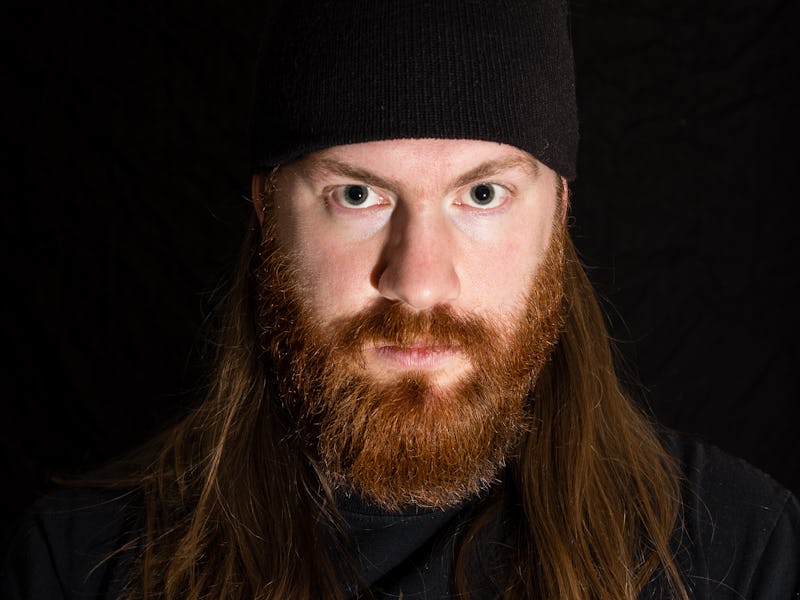'The Prelapsarians' Author John Gaiserich Uses Russian History To Build His Dystopia
The author talks about his influences and why we're so fascinated by post-apocalyptic fiction.

In Asking The Prophet, we probe the brains of sci-fi, fantasy, and speculative fiction writers. This week, we spoke with John Gaiserich about post-apocalyptic wastelands, Russian film, and how the two are related.
How did you get the idea for The Prelapsarians?
It came to me when I was reading through Russian history, particularly the Chernobyl disaster, because I grew up about 15 miles from 3 mile island, which had its own meltdown four years before I was born. I probably wouldn’t be there if that had happened. So I wondered what would happen if such a disaster were absolute and long-lasting. Basically that plus the movie Stalker a 1979 Russian sci fi film. It’s really aesthetically grating, hard as hell to watch, and I kind of wanted to evoke that kind of atmosphere when I was writing.
What was the most challenging part of conceptualizing a story set in the future?
Trying to get into a completely anarchic mind state.I don’t live the most luxurious life in the world, but I have pretty much everything made. So trying to put yourself in the position of people who are all alone — order has broken down, where everyday is a struggle for survival — it’s hard for somebody like me to envision that. So I pretty much went all out with it, as gritty as I could make it.
What are some of your influences, besides Stalker?
I like Andrei Tarkovsky films a lot. And The Book of Eli was a movie that kind of inspired the aesthetic of the book. As far as writing, I read a lot of historical fiction and epic fantasy. I’m a big fan of Tolkien and George R.R. Martin, Bernard Cornwell, I like Dan Brown’s stuff too. But I try not to take too much direct influence from any one author, because I find if I do, I adopt too much of their writing style and their voice. So I like to try to give myself a month or two break between the time I stop reading fiction and the time I start writing so that similar influence doesn’t work itself too much on the page.
What’s the most interesting thing you’ve read recently — fiction or nonfiction — that’s got your brain spinning for story possibilities?
I’ve been reading a lot about genetic engineering because it’s such a lightening rod issue. People are either usually strongly for it or strongly against it. I was like, “I should try to incorporate something like that in my book” because if you can find a way to do it in a post apocalyptic setting, it would be a pretty intellectually stimulating process for the reader.
Why do you think post-apocalyptic fiction is having such a surge in popularity now?
I think it’s just the world we live in. We just had the terrorist attacks in Brussels. It’s a pretty messed up world, and with the combination of that and climate change and all these factors that are hanging over our society, it’s kind of like we’re creating our own downfall here. I just think it’s the reader’s way of coping with reality. It’s my way of coping with it. Like I said, it’s easy when you’re me living in a pretty comfortable apartment and having all you need. But if you’re a refugee in Greece or France and you’re freezing to death in a tent colony or having it burned down and being directed to a shipping container, you’re probably thinking, “well, that’s part of the course.” So I think it’s our way of coping with the less than pleasant nature of the reality outside our window.
Is there anything else you’re currently working on? What’s next for you?
I’m actually starting to do the research for probably a two book series that follows up from The Prelapsarians. It’s told about five years later. It’s going to be from a different point of view and the storyline is very much different, so I don’t call it a sequel per se. But the atmosphere will be fairly the same. It will incorporate a lot more in terms of sci-fi elements, whereas The Prelapsarians is more action adventure literary in a dystopian setting. But that’s what I’m looking at for the near future.